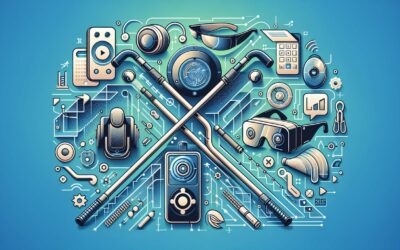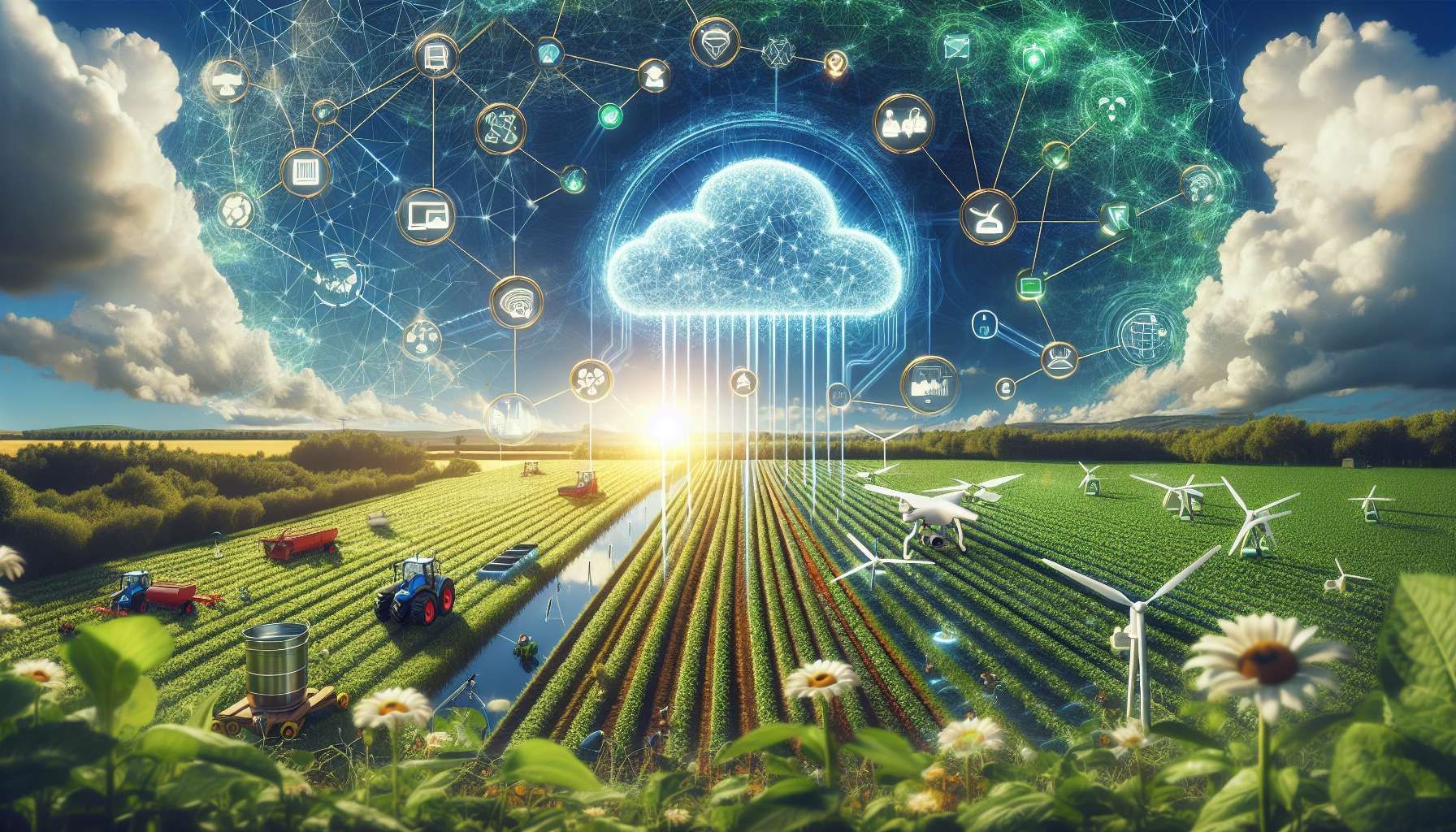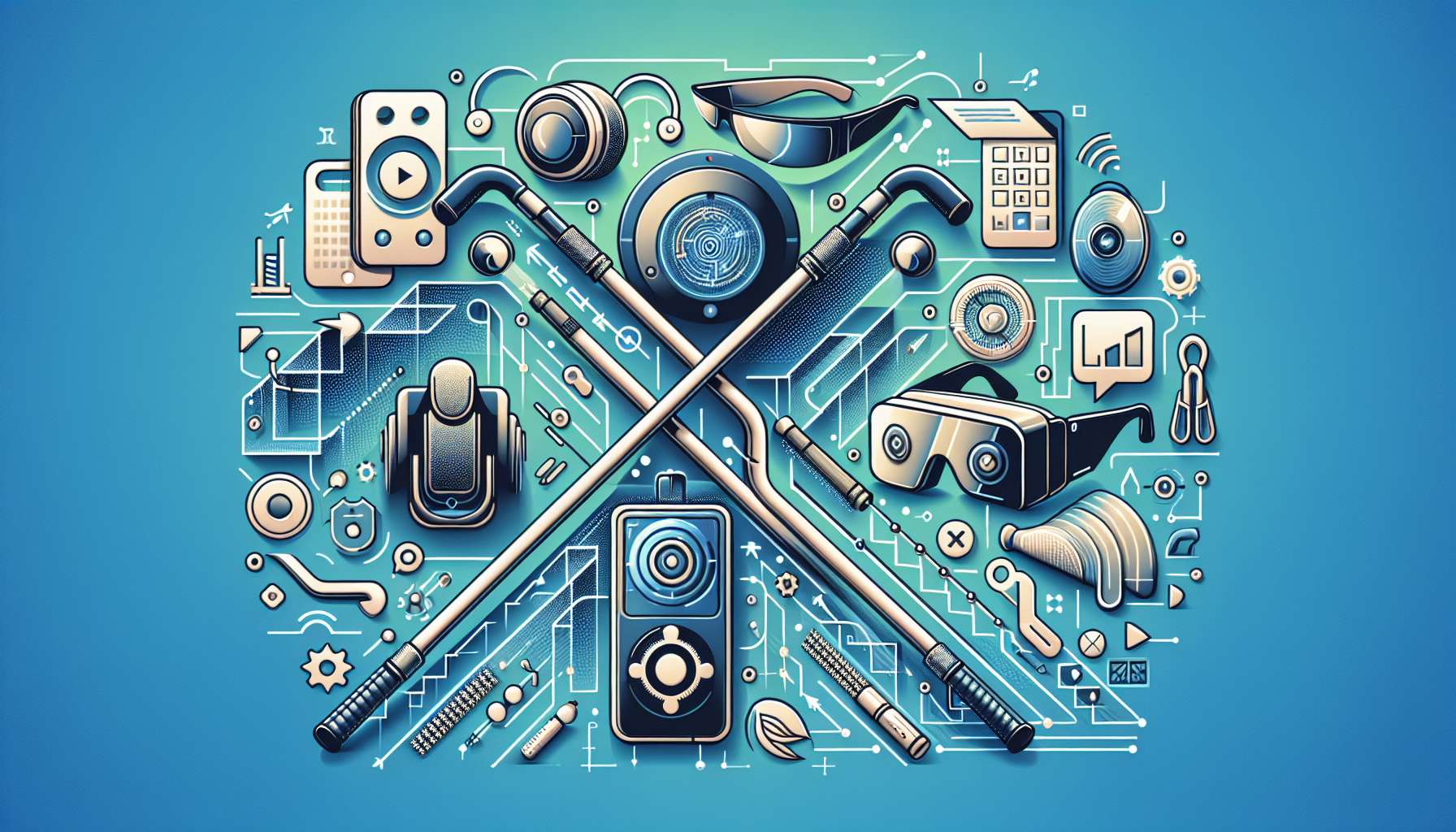The Impact of AI on Sustainable Agriculture and Food Security
In recent years, the world has witnessed a growing concern for sustainable agriculture and food security. With the global population projected to reach 9.7 billion by 2050, it is crucial to find innovative solutions to meet the increasing demand for food while minimizing the environmental impact. Artificial Intelligence (AI) has emerged as a powerful tool that can revolutionize the agricultural industry and address these challenges.
1. Precision Farming
AI technologies, such as machine learning and computer vision, are being used to develop precision farming techniques. These techniques enable farmers to monitor and manage their crops more efficiently, resulting in higher yields and reduced resource wastage. Through the use of sensors, drones, and satellite imagery, AI can collect real-time data on soil moisture, nutrient levels, and crop health. This data is then analyzed to provide farmers with actionable insights, allowing them to optimize irrigation, fertilization, and pest control. By minimizing the use of water, fertilizers, and pesticides, precision farming not only increases productivity but also reduces the environmental impact of agriculture.
2. Crop Disease Detection
AI-powered systems can detect crop diseases and pests at an early stage, preventing their spread and minimizing crop losses. By analyzing images of plants and leaves, AI algorithms can identify patterns and symptoms associated with various diseases. This enables farmers to take timely action, such as targeted spraying or removal of infected plants, reducing the need for broad-spectrum pesticides. Additionally, AI can provide recommendations for disease prevention and management strategies based on historical data and predictive analytics.
3. Autonomous Farming
Advancements in robotics and AI have paved the way for autonomous farming, where machines and robots perform various agricultural tasks with minimal human intervention. Autonomous vehicles equipped with AI algorithms can navigate fields, plant seeds, apply fertilizers, and harvest crops. These machines can work continuously, day and night, without fatigue, resulting in increased efficiency and productivity. By automating repetitive tasks, farmers can focus on more strategic activities, such as crop planning and decision-making, leading to improved yields and reduced labor costs.
4. Supply Chain Optimization
AI can optimize the entire agricultural supply chain, from farm to fork. By analyzing historical data, market trends, and weather patterns, AI algorithms can predict demand and optimize production and distribution schedules. This ensures that the right amount of food is produced and delivered at the right time, minimizing waste and reducing food losses. AI can also improve traceability and quality control by tracking and monitoring the movement of agricultural products, ensuring food safety and transparency.
5. Climate Change Adaptation
Climate change poses significant challenges to agriculture, including extreme weather events, water scarcity, and changing pest patterns. AI can help farmers adapt to these challenges by providing real-time weather forecasts, predicting droughts and floods, and suggesting appropriate adaptation strategies. By integrating AI with other technologies like Internet of Things (IoT) and smart sensors, farmers can make data-driven decisions to mitigate the impact of climate change on their crops.
In conclusion, AI has the potential to revolutionize sustainable agriculture and ensure food security for the growing global population. By enabling precision farming, crop disease detection, autonomous farming, supply chain optimization, and climate change adaptation, AI can increase productivity, reduce resource wastage, and minimize the environmental impact of agriculture. However, it is important to address the challenges associated with AI adoption, such as data privacy, access to technology, and ethical considerations. With proper implementation and regulation, AI can be a game-changer in the quest for a sustainable and food-secure future.








